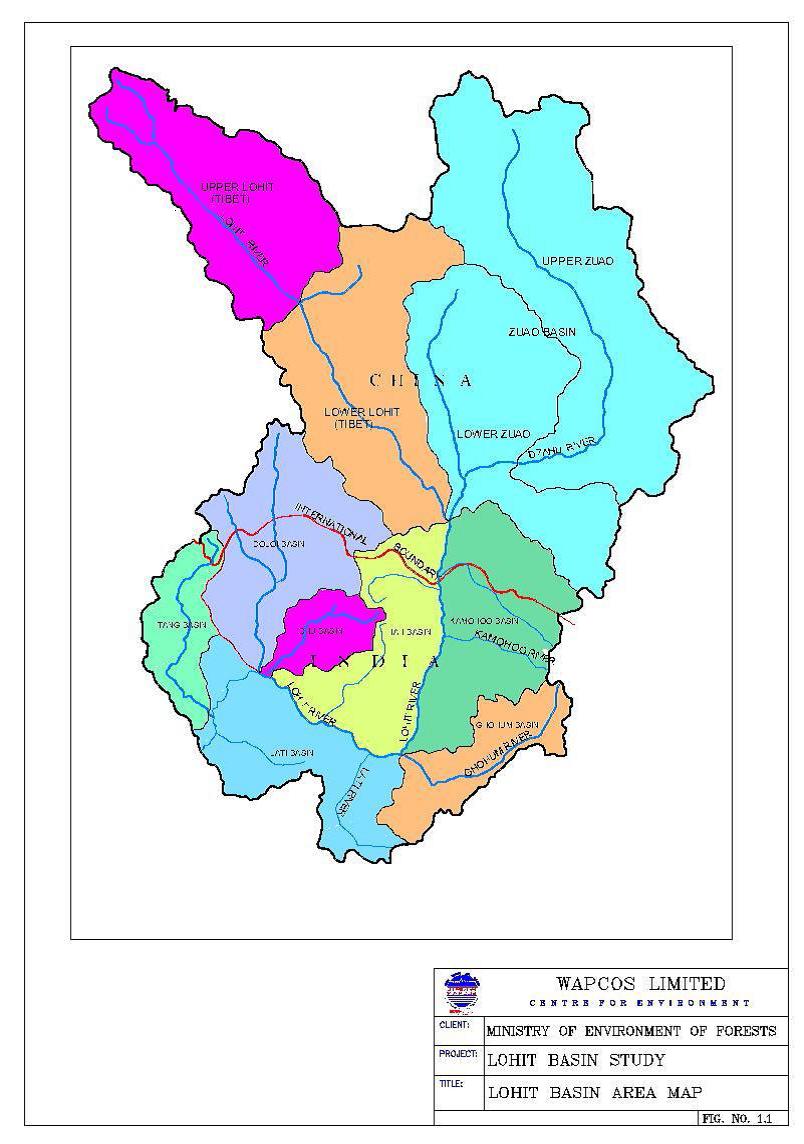/topics/wildlife
Wildlife
Basin-level impact assessment study of the Lohit river - A study by WAPCOS & Ministry of Environment and Forests (2011)
Posted on 19 Mar, 2012 11:29 AM
Our water woes: Ecological imbalance is the culprit!
Posted on 12 Mar, 2012 12:01 PMAuthor : Madhuranthakam Prabhakar Rao
Implementation of the interlinking of rivers project (ILRP): Bangladesh raises concerns
Posted on 12 Mar, 2012 11:50 AMAuthor : Md. Khalequzzaman, P.D.
FERAL invites applications JRF position for Puducherry - Apply by March 2012
Posted on 11 Mar, 2012 10:58 AM![]()
FERAL is a team working on various aspects of applied research on ecological and environmental issues. Our key areas of work include wildlife conservation, ecological restoration, natural resource management and capacity building in these areas. To provide a base and support for young researchers to follow their research interests and priorities. To impart training in ecological research, field survey techniques and tools. To apply ecological research to solve issues in natural resource management, conservation and advocacy.
A critical assessment of climate change impacts, vulnerability and policy in India - Paper published in Present Environment and Sustainable Development
Posted on 09 Mar, 2012 05:40 PMThere is considerable disagreement on the extent of the changes in the variables of climate.
India's ecological past: Review of a two volume book on environmental history in EPW
Posted on 02 Mar, 2012 02:18 PM
Utilisation of human urine as a source of nutrients for banana and maize cultivation - A compilation of research papers
Posted on 01 Mar, 2012 02:24 PMSource separated anthropogenic liquid waste (Human urine) - A potential plant nutrient for banana cultivation
Ignoring precaution, MoEF clears a project which has been categorically rejected by majority Standing Committee of the NBWL
Posted on 26 Feb, 2012 01:31 PMGuest Post : Parineeta Dandekar and Himanshu Thakkar
Inducing vulnerabilities in a fragile landscape: The implications of hydropower development in a seismically active zone - An article in EPW
Posted on 24 Feb, 2012 08:25 PMClose to 30 hydroelectric projects are being planned on the Teesta and its tributaries. Not only is this river an essential part of Lepcha identity and life, but it also flows through a fragile zone. In this article first published in the Economic and Political Weekly (EPW), Kanchi Kohli examines the ramifications of this policy.





